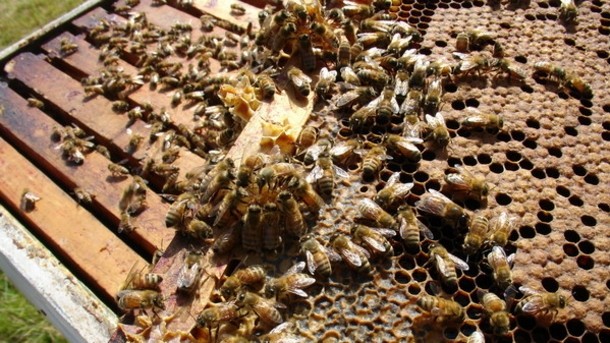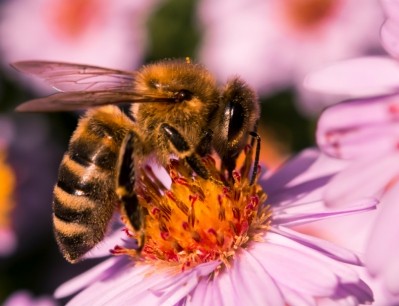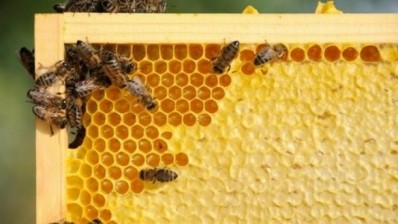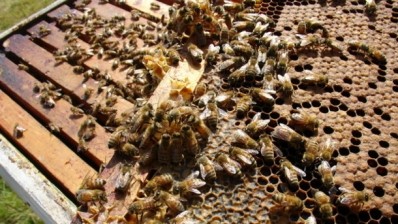Weak UK bee study does not affect neonicotinoid conclusions: EFSA

EFSA identified several weaknesses in the study published by the UK Food and Environment Research Agency (FERA), which had suggested that neonicotinoid pesticides do not have a major effect on bumble bee colonies under field conditions.
Given these weaknesses of the study, EFSA has said that it considers the study to not have affect on its conclusions regarding risks for bees related to the use of the neonicotinoid pesticides thiamethoxam, clothianidin and imidacloprid.
"The FERA study looked at only one crop – oilseed rape – and two plant protection products – one containing clothianidin, the other imidacloprid – authorised for use in the UK," said EFSA.
"Furthermore, the test sites and surrounding areas used in the FERA study reflect a small sample of agricultural conditions in the UK and cannot be considered representative of conditions in other parts of the EU."
The scientific body also said that the UK failed to address two important routes of exposure in dust and guttation.
In addition EFSA noted that its assessments had reached conclusions for honey bees - whilst identifying a data gap for other pollinators.
"Field studies of bumble bees cannot be used to understand the risks to honey bees and other pollinators because of significant species differences," said EFSA
Deficiencies
The EFSA experts also highlighted a number of deficiencies in the FERA report, including:
- Inconsistencies and contradictory statements regarding the objectives of the study.
- Absence of suitable control bee colonies. In particular, analysis of residues in pollen and nectar showed that the 'control' site had been contaminated by thiamethoxam.
- Environmental conditions were varied across the three the test sites, which reduces the sensitivity of the study in detecting effects on colonies.
EFSA also raised concerns about how the report authors elaborated and interpreted the study results to reach their conclusions.

















